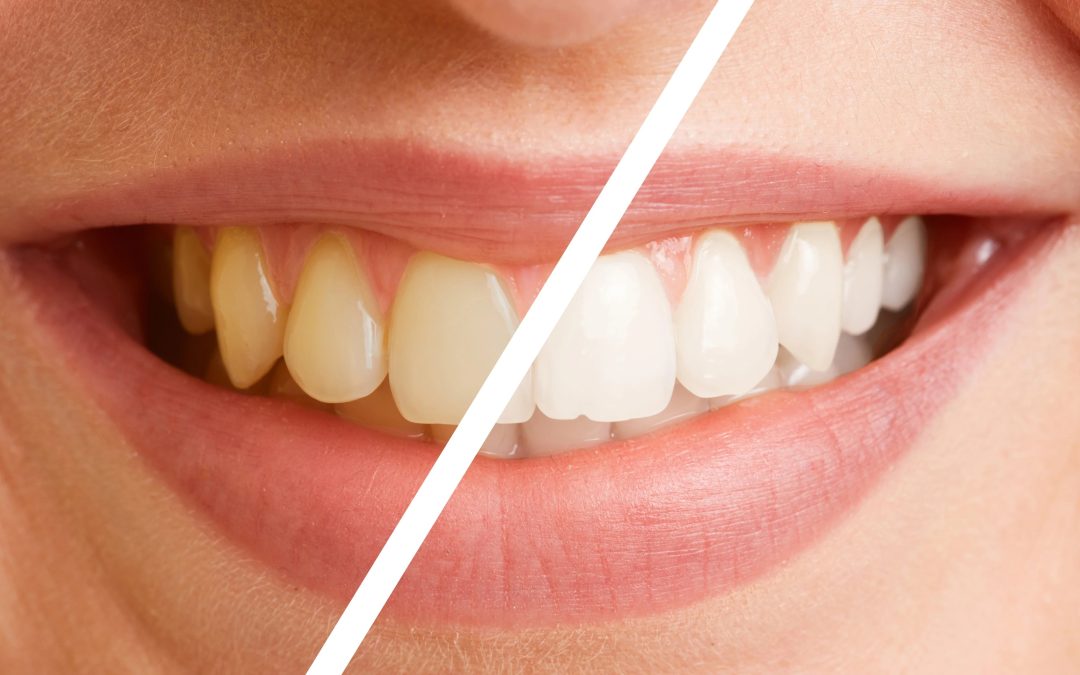Tartar, also known as dental calculus, is a hardened form of plaque that can build up on your teeth over time. While it might seem like a minor issue, tartar can lead to serious dental problems if not properly managed. Understanding how tartar forms, how to prevent it, and how to treat it is essential for maintaining optimal dental health.
What is Tartar?
Tartar is a crusty deposit that can trap stains on the teeth, causing discoloration. It forms when plaque, a sticky film of bacteria, hardens on your teeth. This process can happen both above and below the gumline, leading to a variety of dental issues. Unlike plaque, which can be removed with regular brushing and flossing, tartar requires professional cleaning by a dentist or dental hygienist.
Causes of Tartar Buildup
Several factors contribute to the formation of tartar:
- Poor Oral Hygiene: Inadequate brushing and flossing allow plaque to build up and harden into tartar.
- Diet and Lifestyle Factors: Consuming sugary or starchy foods and drinks can increase plaque production. Smoking also contributes to tartar formation.
- Tobacco Use: Smoking and using tobacco products increase the risk of tartar formation.
- Genetic Predisposition: Some people are naturally more prone to tartar buildup due to genetic factors.
Tartar Symptoms and Signs
Tartar can lead to various dental problems if not managed properly. Here are the common symptoms and signs of tartar buildup:
- Yellow or Brown Deposits on Teeth
- Bad Breath (Halitosis)
- Gum Inflammation (Gingivitis)
- Bleeding Gums
- Receding Gums
- Tooth Sensitivity
- Loose Teeth
- Tooth Decay
Tartar Prevention Tips
Preventing tartar buildup is crucial for maintaining healthy teeth and gums. Here are some effective strategies:
- Daily Oral Hygiene Practices: Brush your teeth at least twice a day using fluoride toothpaste. Don’t forget to floss daily to remove plaque between your teeth.
- Importance of Regular Dental Check-ups: Visit your dentist every six months for a professional cleaning and check-up. Your dentist can remove any tartar that has formed and check for signs of gum disease.
- Dietary Recommendations: Reduce your intake of sugary and starchy foods. Drink plenty of water to help wash away food particles and bacteria.
Treatment Options
If you already have tartar buildup, there are several treatment options available:
- Professional Dental Cleaning: A dental hygienist can remove tartar using special tools during a routine cleaning.
- Scaling and Root Planing: This deep-cleaning procedure involves removing tartar from above and below the gumline. It’s often recommended for patients with gum disease.
- Home Remedies and Over-the-Counter Products: While these can’t remove tartar, they can help manage plaque and prevent further buildup. Use antimicrobial mouthwash and tartar-control toothpaste.
Risks and Complications of Untreated Tartar
Ignoring tartar buildup can lead to serious dental issues:
- Gum Disease and Periodontitis: Tartar can cause inflammation and infection of the gums, leading to gum disease. If left untreated, this can progress to periodontitis, a severe form of gum disease resulting in tooth loss.
- Tooth Decay and Loss: Tartar can erode the enamel, leading to cavities and tooth decay. Severe decay can cause tooth loss.
- Impact on Overall Health: Poor dental health has been linked to various systemic conditions, including heart disease and diabetes.
Maintaining Tartar-Free Teeth
To keep your teeth free from tartar in the long term:
- Maintain a consistent oral hygiene routine and make regular dental visits a priority.
- Consider using an electric toothbrush, which can be more effective at removing plaque. Water flossers can also be beneficial for cleaning between teeth.
- If you notice any signs of gum disease, such as bleeding gums or persistent bad breath, consult your dentist promptly.
Conclusion
Understanding and managing tartar is crucial for maintaining a healthy, attractive smile. By following good oral hygiene practices, making regular dental visits, and seeking timely treatment, you can keep your teeth and gums in excellent condition. Prioritize your dental health and enjoy the benefits of a bright, tartar-free smile.
If you’re worried that tartar buildup is becoming a problem for you and like to seek Orthodontic treatment, then get in touch with Warwicklodge Dental and Implant Centre your trusted dentist in Herne Bay, Kent. or Book your Appointment now.

